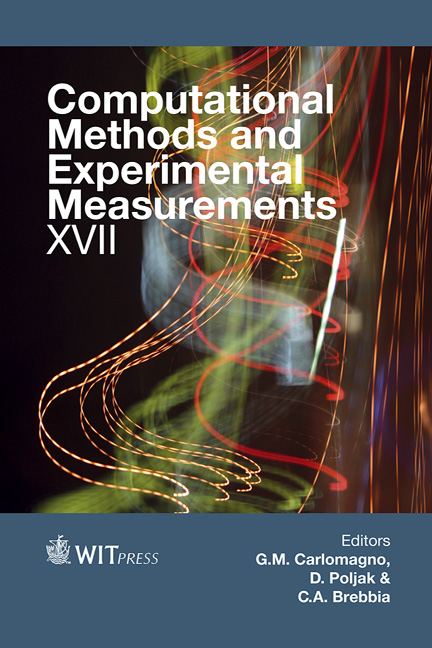Integrated Material Process Simulation For Lightweight Metal Products
Price
Free (open access)
Transaction
Volume
59
Pages
12
Page Range
201 - 212
Published
2015
Size
1,587 kb
Paper DOI
10.2495/CMEM150181
Copyright
WIT Press
Author(s)
A. M. Horr
Abstract
Over the past two decades, multi-physical material process simulation techniques have been developed and deployed using the powerful collection of experimental/numerical tools for the processing, characterization, and modeling of materials at different scales. These techniques, which require high-performance computers (parallel processing), can provide an unprecedented insight into processes of metal and alloys including multi-scaling phenomena (atomic-scale and molecular-scale structures). Using these tools, the synthesization, characterization, and numerical modelling of lightweight alloys and their composition can be performed (at the length/time scales). The casting and forming are popular production processes for light weight component with large industrial capacity, cost and energy savings. In numerical process simulations (i.e., casting, forming processes), the whole fluid (melt) domain along with thermal solidification, cooling system, microstructure and defect development have to be simulated. In the proposed integrated simulation technique, the heat transfer and solidification during casting process along large plastic deformation during forming has to be modelled accurately to predict the mechanical properties of the final product.
Keywords
material process simulation, integrated numerical methods





